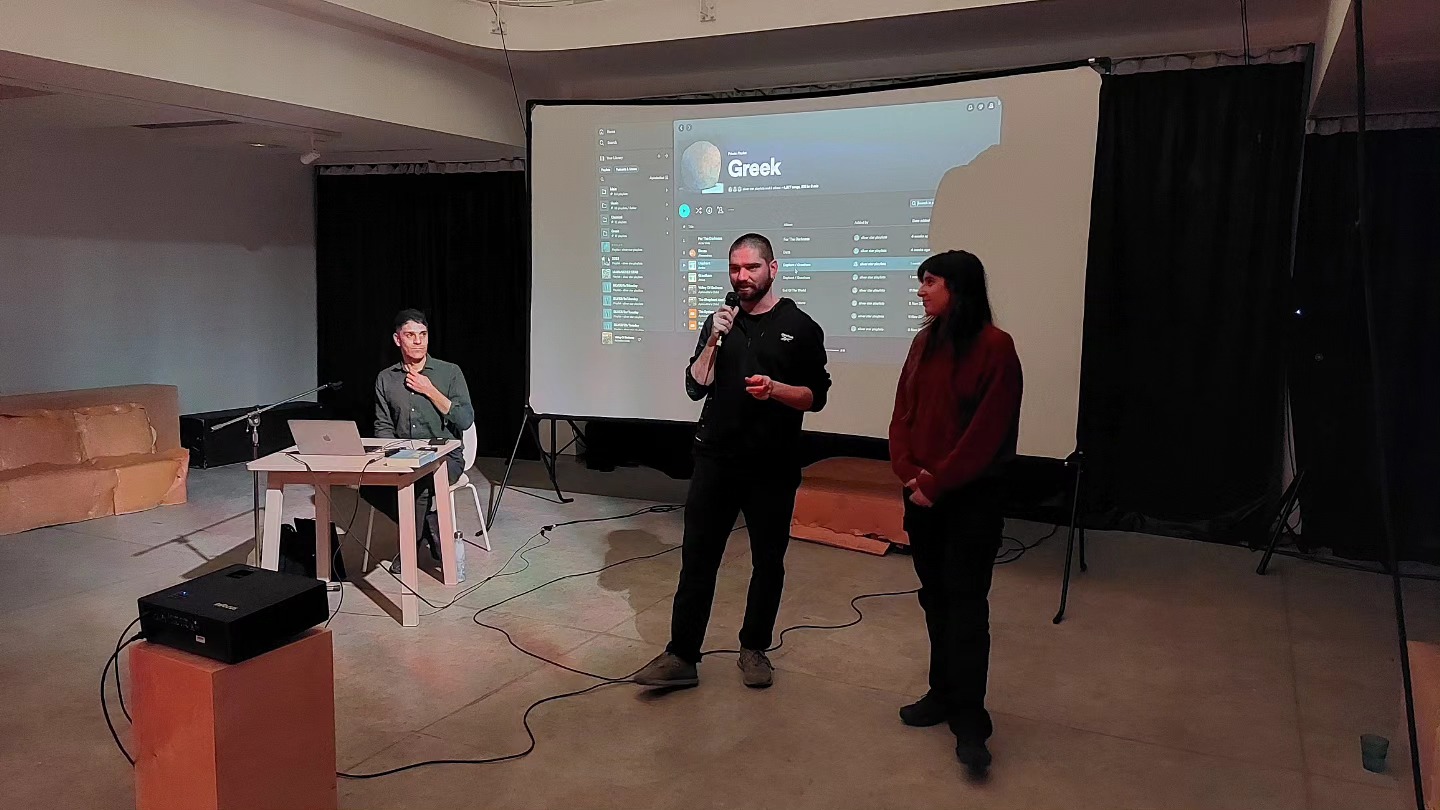Education, archiving and storytelling (including news-making) are never neutral. Texts are not an impartial compilation of information, but they are always influenced by interests, worldviews and power relations.
Hence, narratives that fall outside the hegemonic, do not easily find a spot in history classes or in public discourse.
Nevertheless, Cyprus has a wealth of movements working outside, and sometimes within, conventional political structures to promote their causes and advance progressive thought.
The Cyprus Movements Archive was formed in 2016 to preserve this history and make the information found in the publications of Cypriot radical movements available online for free. A voluntary, non-profit effort it is composed of zines, pamphlets, texts, brochures, academic articles and other material. They range from writings of workers’ movements to queer and feminist groups, environmental activism, communist, anarchist and socialist organisations as well as the New Left, among others. The holdings of some of the radical journals extend to the 1920s.
These texts have been given a new breath of life by the Radical Afterlives artistic programme – organised with the help of Thkio Ppalies and Sessions – which pays homage to the Cyprus Movements Archive, aiming to revitalise and expand its work through artistic mediums and expressions, ultimately reaching a wider public.
In an interview with in-cyprus, the curators of Radical Afterlives, Ioulita Toumazi and Panos Achniotis, describe the undertaking and invite us to imagine a more radical future.
What was the inspiration behind this project?
This project started with the hope of making the Cyprus Movements Archive (CMA) more widely known, to larger publics, including the art scene. We believe this archive is very important to understand our local history in Cyprus, away from the dominant nationalist narratives that exclude the teachings of any radical traditions. We hope that the art projects of our resident artists can act as disseminating tools for this archive, but also that the works of our artists will contribute to the archive itself. The project wishes to also go beyond this specific archive, and provide the platforms in which we can cultivate tools to understand, research and use archives in critical ways.
How will Radical Afterlives benefit groups and individuals beyond the grassroots political network that the archive addresses?
Starting from the standpoint that archives are always partial, incomplete and subjective, and that archives are all around us, we felt it’s important to cultivate the understanding that archives are narratives we need to explore rather than objective facts. For this reason, we organised a series of lectures and talks that are open to the public and will hopefully give some tools on how to critically use archives. Experts were invited to talk about their practice and their approach towards archives, in the hope of developing a critical approach towards the way we read and “consume” archives. In this framework, we invited the writer Sofronis Sofroniou, the historian Antonis Hadjikyriakos, the museologist and educator Despo Pasia and the researcher Antonis Pastellopoulos to give talks.
What are some examples of movements that brought about progress and positive change in people’s daily lives in Cyprus?
Progress and positive change most of the time come in subtle, almost unnoticeable ways, but it’s never the else there and radical. An example of this is how in the ’60s and ’70s saying that you are Cypriot and not Greek in the Greek-Cypriot community was considered groundbreaking, radical to the extent of absurd. Even until the ’90s that was the case, for example, in 1992 when sociologist Andreas Panayiotou said in an interview at CyBC he felt Cypriot, he was censored and attacked. Now this is not the case anymore, things have improved as a larger part of the population identifies as Cypriot, and we believe this is also a result of the actions of various movements, as they are documented in the CMA. And when we say ‘movements’, we also mean cultural movements, which had various forms of protesting and meaning-making. For example, writing in Cypriot instead of Greek is one of those forms of resistance. The main discourse in Cyprus wants us to believe (in the colonialist tradition) that we are passive people, but that’s not the case, we have a history of resistance and exploring the CMA contributes to challenging that.
What benefits or limitations do you see in using exclusively an archive that contains material originating from the alternative Cypriot political scene?
This archive’s history is not widely known and we generally don’t have easy access to our history as a whole. Therefore, this archive can help us learn our history and lineage, without having to start from scratch. Knowing that there was radical thought and action in Cyprus through the years, is already enough spark to keep fighting for change, knowing that many others started and fought for the struggle you are part of. It is also interesting how people in movements in Cyprus know the Greek history but not the Cypriot one, because of the lack of access to it, if not by word of mouth until this archive was created to change this.
The third open talk of the series Radical Afterlives named “Radicalness – A View from Beyond the Text” will take place on Saturday, January 13, 11 a.m. – 1 p.m. at Thkio Ppalies, Nicosia.
Members of the public who have material that they think has a place in the Cyprus Movements Archive can contact [email protected].






